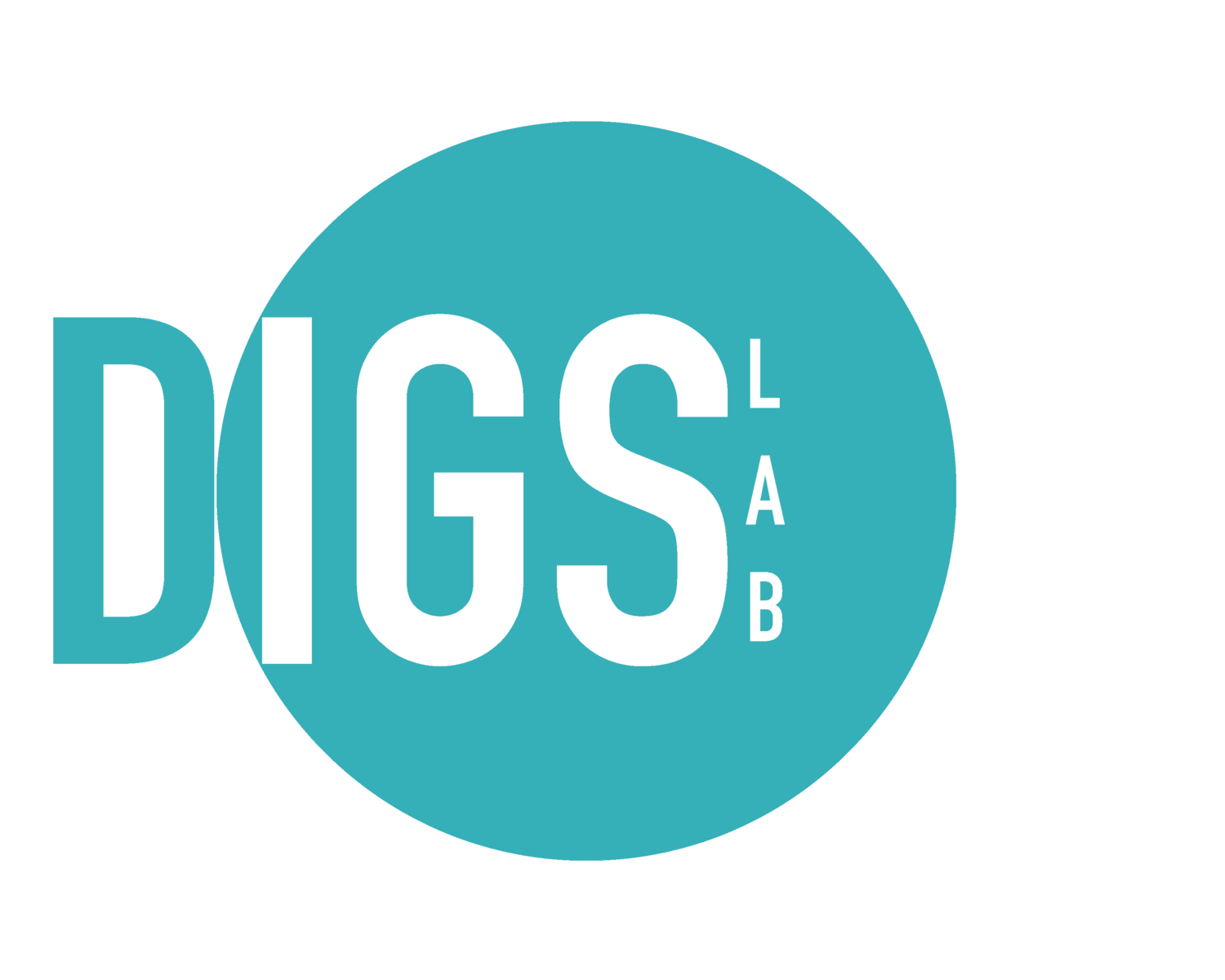How social media and apps are shaping Montreal’s sociocultural landscape for queer women
Research funded by the Social Sciences and Humanities Research Council
Collaborator: Julie Podmore, Geography, Planning and Environment, Concordia University
The ways that lesbian, gay, bisexual, transgender, and queer (LGBTQ) people meet and access social support are changing. Historically, a concentration of LGBTQ people, venues, and organizations gave rise to ‘gay villages’ in Canada’s major urban centres. Even so, queer women have often lacked the capital to afford property in gay villages and have relied on informal social networks, contributing to their relative invisibility across cityscapes. While gentrification and other factors have led to a dispersion of LGBTQ venues and people from gay villages and across cities, this has coincided with widespread adoption of the internet, social media, and apps.
LGBTQ people access an array of digital media technologies to connect for the purpose of forming relationships, friendships, and communities. However, limited research examines the use of multiple technologies, constituting an individual’s digital media ecology, and few studies assess how these technologies frame physical gathering spaces. While studies of mobile media have found that their features for overlaying digital and physical spaces enable connection even in homophobic environments, much research remains concentrated on gay men’s technology use. Given that queer women continue to experience high rates of anxiety, depression, and risk of suicide due to the dual impact of sexual stigmatization and gender inequality, the need to understand their modes of social support (and lack thereof) remains critical.
This SSHRC-funded project explores how social media and apps are shaping queer women’s social connections, organizing and communities in Montreal. Its three objectives are to:
Identify the role of social media and apps in connecting queer women in order to provide greater information and resources to LGBTQ women’s organizations for facilitating social connections;
Critically analyze commercial social media and apps adopted by queer women to further scholarly knowledge about how a range of technologies shape opportunities for connection; and
Analyze the interplay between digital media technologies and physical social gatherings to further scholarly and practical knowledge of how such technologies overlay physical and digital spaces in a local context.
This will be achieved through traditional and digital research methods addressing two focal questions:
A) How are digital media technologies influencing the ways queer women meet, form communities, and encounter LGBTQ organizations?
B) How are LGBTQ women’s organizations, businesses, and community initiatives responding to shifts in digital media technologies and their impact on physical spaces?
The project will begin by mapping, observing, and critically analyzing queer women’s physical and digital spaces, applying textual and visual analysis to the digital media intended to speak to Montreal’s queer women. Then interviews will be conducted with diverse queer women’s groups (e.g. non-profits, businesses, and grassroots communities) to understand how digital media technologies impact their organizing strategies.

